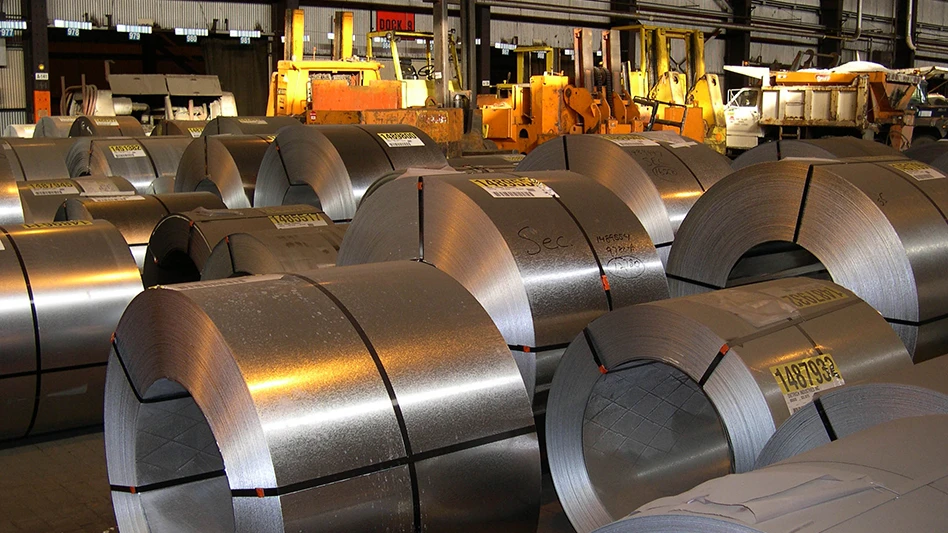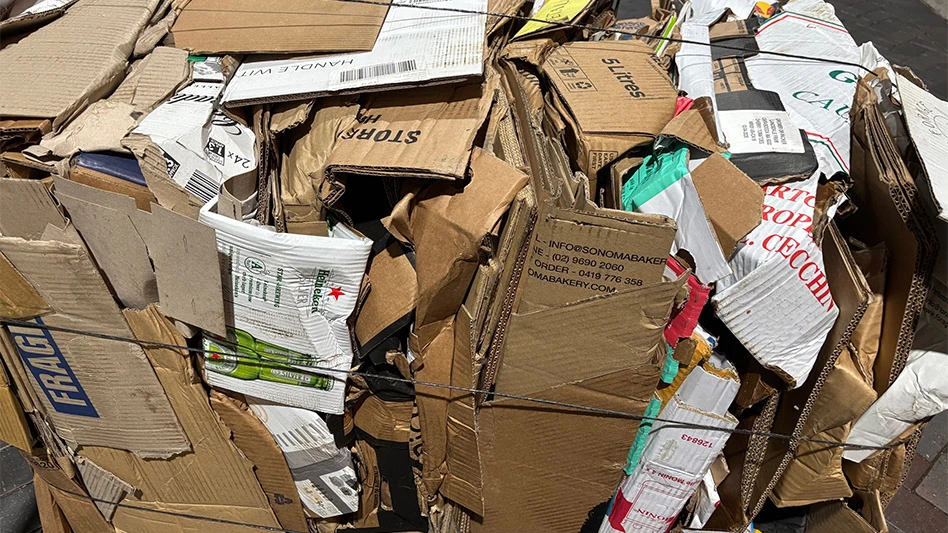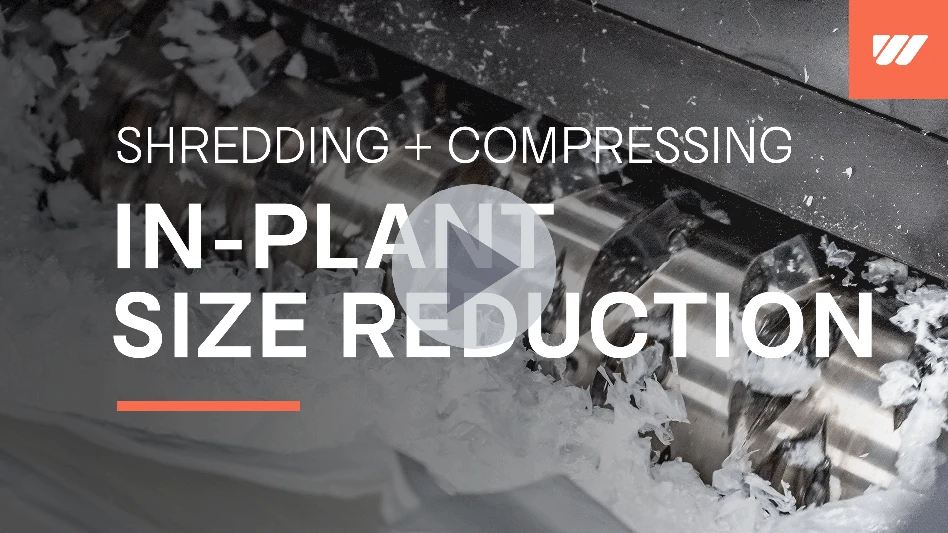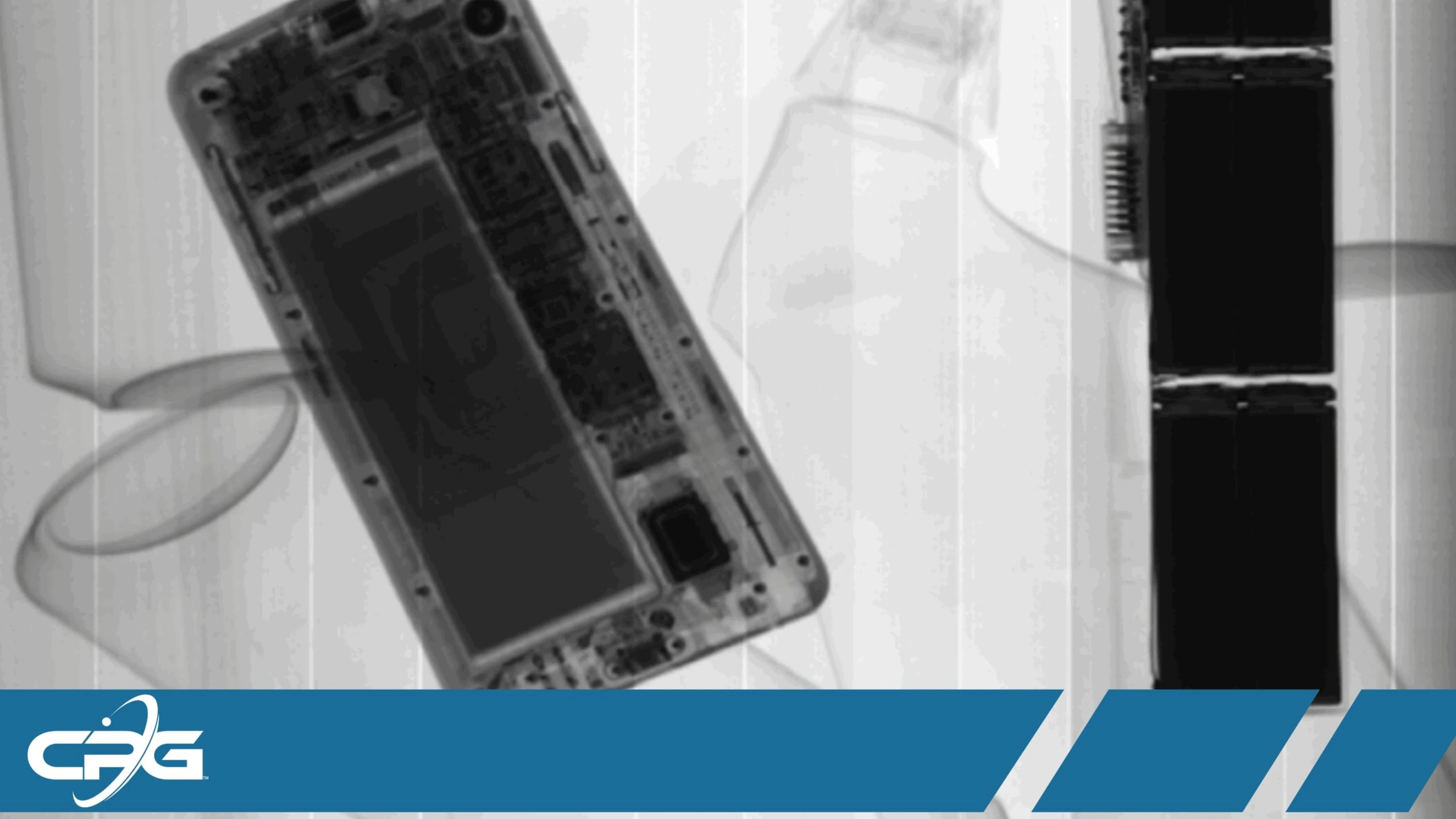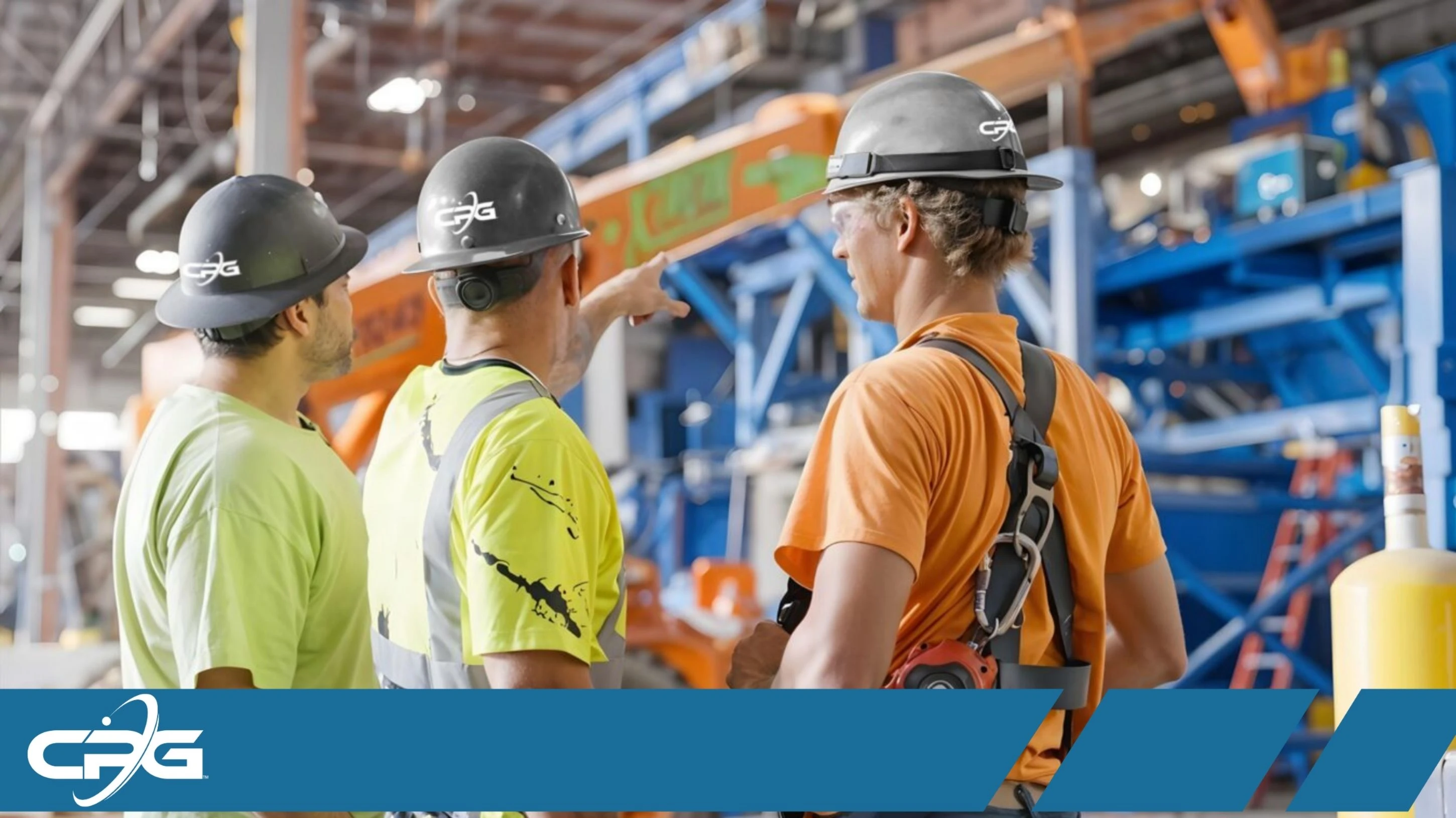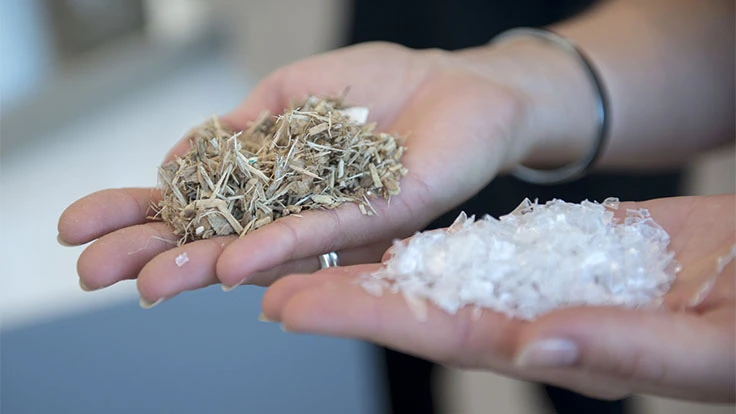
The multinational furniture and home goods retailer Ikea has introduced a line of kitchen cabinet fronts that are made from a combination of recycled polyethylene terepthalate (PET) plastic and reclaimed wood.
The product, called Kungsbacka, is the culmination of two years of research by the company to come up with a sustainable kitchen front.
Anna Granath, Ikea’s project leader for the team that developed Kungsbacka, says research resulted in the development of a new material – a plastic foil made from discarded PET bottles collected by Japanese municipalities.
“We found a way to transform used PET bottles into a foil that is laminated on the Kungsbacka kitchen fronts," says Marco Bergamo, head of development at the Italian Ikea supplier, 3B. The biggest challenge was to create a foil from recycled material that fulfills the same quality requirements as a foil made of virgin material. We worked hard not to compromise on neither quality nor price."
Ikea says about 25 half-liter PET bottles are needed to cover the black surface of a 40x80-centimetre Kungsbacka kitchen front.
“We need to become better at using the planet’s resources in a smart way. Our ambition is to increase the share of recycled materials in our products. We are considering new ways to reuse materials, such as paper, fibre, foam and plastic, so that we can give them a new life in a new product,” says Granath.
David Vine, Ikea U.K. and Ireland Kitchens business leader, says, “The new Kungsbacka range is a start in turning everyday waste into beautiful furniture. At Ikea, we are very conscious of the impact of waste, knowing that plastic bottles take up to 1,000 years to decompose and that 70% of all PET bottles end up in either landfill, or worse in our seas and oceans, is of concern.
“Today, 90% of waste created in the kitchen is recycled, but few think about the kitchen itself. We hope that the launch of this range will help people to think about the materials that are in their home furnishings and create a more sustainable home setting,” Vine continues.
In related news, per multiple reports, Ikea has acquired a 15 percent stake in the Dutch plastics recycling company Morssinkhof Rymoplast Group. The company has seven locations throughout Europe and processes, regrinds, regranulates and compounds more than 220,000 tonnes of plastic per year.
The investment is part of Ikea’s €1 billion investment for long-term sustainable resource supply. With the minority stake in Morssinkhof Rymoplast, Ikea expects to secure a steady supply of renewable raw material.
Latest from Recycling Today
- Recycling Europe backs regional preference policy
- SMA announces board election results
- Volvo CE adds to Rudd Equipment’s territory
- Cups made with PP earn 'Widely Recyclable' designation
- Recology drivers increase San Francisco collection for Super Bowl week
- Terex, Rev Group complete merger
- Eco-Products to launch environmentally responsible packaging products in UK
- BlueScope’s new CEO affirms bid rejection
